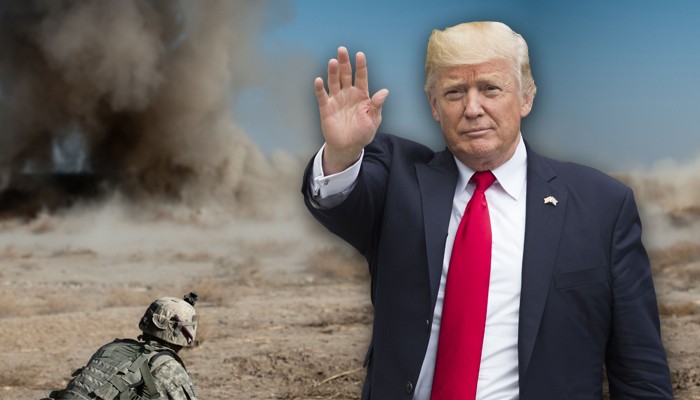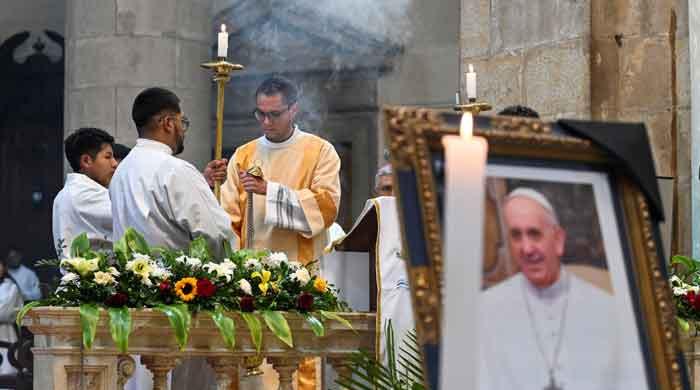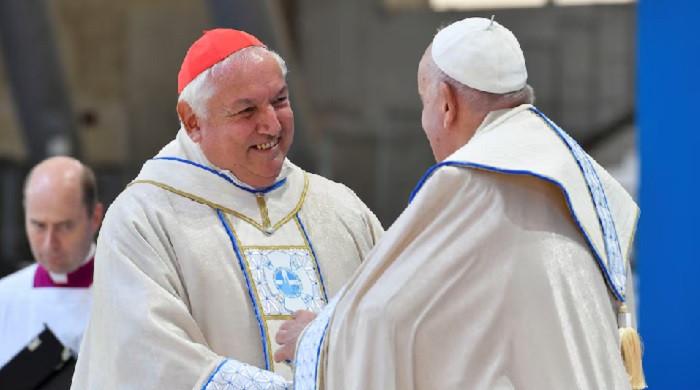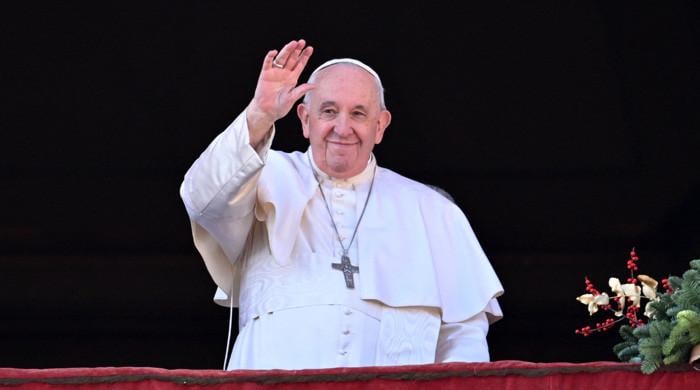Four nations meet to resume stalled Afghan peace talks in Oman
It was not clear if any Afghan Taliban had joined the talks
October 17, 2017
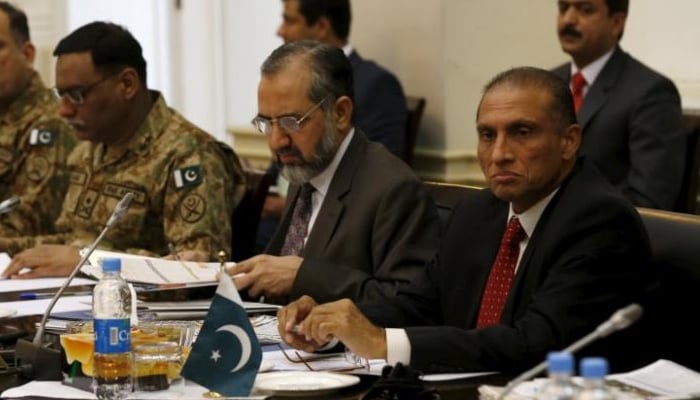
ISLAMABAD: Afghanistan, China, Pakistan, and the United States met in Oman on Monday to try to find ways of reviving peace talks with Afghan Taliban militants, two officials in Pakistan’s foreign ministry said.
But it was not clear if any Afghan Taliban had joined the talks, which have so far failed to restart a tentative process that collapsed in 2015.
Taliban sources had previously said they would stay away from the discussions in Muscat, casting doubt on prospects for reviving long-stalled negotiations.
The Pakistani officials — who spoke on condition of anonymity because they were not authorized to disclose the information — said the talks had resumed on Pakistan’s initiative.
The Pakistani team was led by Foreign Secretary Tehmina Janjua.
There was no immediate comment from the United States, China or Afghanistan about the talks resuming.
The four-nation Quadrilateral Coordination Group (QGC) — which last met in Islamabad early last year and comprises Afghanistan, China, Pakistan, and the US — has been trying to ease the path to direct talks between the Afghan government and the Taliban, with little success.
Amin Waqad — a close aide to Afghan President Ashraf Ghani and a senior member of the High Peace Council (HPC) — said last week his country would participate in the Muscat meeting and that the Taliban representatives would also be there.
The Taliban denied that they had received an invitation.
Efforts to kick-start negotiations have failed due to the Taliban’s refusal to attend talks after their last leader Mullah Akhtar Mansur was killed in a US drone strike in Pakistan last year.
The United States wants Pakistan — which it accuses of harbouring Afghan Taliban commanders — to exert more influence on the group to bring them to the negotiating table.
'Let it come'
In August, US President Donald Trump had lambasted Pakistan and its leadership for providing safe havens and sanctuaries for terrorist elements and urged the nation to "do more" to prevent it.
"We have been paying Pakistan billions and billions of dollars at the same time [when] they are housing the very terrorists that we are fighting," he said, warning that the vital aid the US offers to the country could be cut.
“That will have to change and that will change immediately."
Pakistan Army in response had brushed off speculation that Trump's new strategy could include taking a stronger line against Islamabad, insisting the country has done all it can to tackle militancy.
"Let it come," army spokesman Major General Asif Ghafoor told reporters, referring to Trump's decision. "Even if it comes… Pakistan shall do whatever is best in the national interest."
